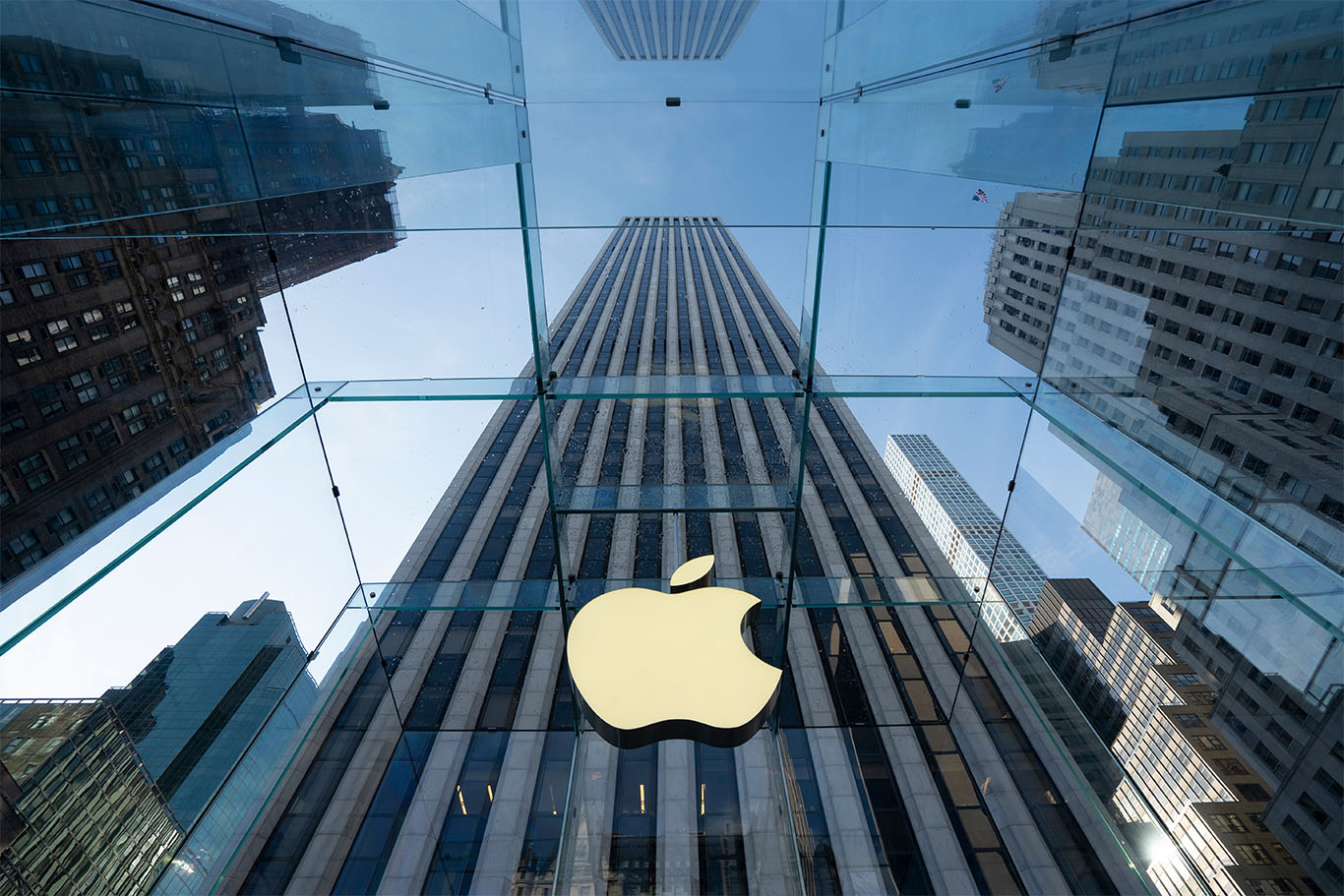
Apple’s search for a successor puts John Ternus in the lead
Subscribe to our free newsletter today to keep up to date with the latest business news.
Apple’s leadership is preparing for a pivotal moment as the company looks ahead to a post–Tim Cook era. While Cook remains at the helm, turning 65 soon, succession planning is becoming increasingly urgent. After nearly 15 years of stable leadership under Cook, Apple’s board is reportedly focused on ensuring continuity without losing momentum in innovation.
The search for a successor has narrowed, and signs point to John Ternus, Apple’s senior vice president of hardware engineering, as the leading candidate. This shift aligns with Apple’s quiet yet deliberate leadership reshuffling. The company, known for long-term executive transitions, appears to be laying the groundwork for a future CEO with deep technical roots.
Traditionally, Apple has prioritized operational discipline in its leadership, a model that reflected Cook’s supply chain background. But today’s priorities lean more heavily toward product leadership, particularly in emerging categories like spatial computing, AI integration, and custom silicon. As Apple approaches a leadership handoff, the direction of its executive focus may define its trajectory for the next decade.
Who is John Ternus and why he’s at the center of the conversation
John Ternus joined Apple in 2001 and has steadily moved through the ranks, eventually becoming senior vice president of hardware engineering in 2021. He holds a mechanical engineering degree from the University of Pennsylvania and was a competitive swimmer in his earlier years, reflecting a disciplined and performance-driven mindset.
His tenure at Apple has included leading hardware development for the iPhone, iPad, and Mac product lines. Under his leadership, Apple oversaw the transition to Apple Silicon, a move that redefined performance benchmarks in consumer computing. Ternus is known internally for his methodical approach and collaborative style, traits seen as critical to managing Apple’s complex engineering and design culture.
More than a technical leader, Ternus has developed a reputation for understanding Apple’s product philosophy. His public presentations at Apple launch events signal the company’s increasing comfort with his visibility. As other senior leaders with decades of tenure begin to scale back, Ternus’ consistent presence signals a likely promotion in the works.
Apple’s growing preference for technical leadership
The growing preference for a technically focused leader represents a shift in Apple’s leadership DNA. Tim Cook’s tenure has been marked by operational excellence and supply chain mastery. However, as Apple pushes into uncharted product categories like Vision Pro, artificial intelligence, and health technology, the board appears to favor someone capable of overseeing innovation from the ground up.
Reports suggest that Jeff Williams, long seen as a natural successor to Cook, is preparing to step back from daily operations. This opens the lane for Ternus, who offers both technical credibility and organizational continuity. Other senior executives, such as Johny Srouji and John Giannandrea, have deep expertise but lack the broad product portfolio experience Ternus commands.
The transition may also reflect Apple’s desire to signal to investors that it is not only financially sound but also technically ambitious. A CEO with engineering depth is more likely to steer product strategy at a time when Apple faces pressure to differentiate beyond iPhones and services.
Market implications of a CEO change at Apple
Any potential CEO transition at a company of Apple’s scale will have implications beyond the leadership bench. With a market capitalization exceeding $2.5 trillion, investor confidence hinges on Apple’s ability to maintain consistency during leadership changes. Cook’s legacy is anchored not only in operational growth but also in brand stability. The next CEO will need to reassure stakeholders that Apple’s innovation engine will not slow.
Markets tend to respond strongly to succession planning clarity, and Apple’s low-drama culture suggests the board will favor a clear and orderly announcement when the time comes. Ternus, with over two decades at Apple and a record of high-stakes product execution, may offer the blend of experience and vision needed to stabilize sentiment.
More broadly, Apple’s leadership choice will influence partnerships, recruitment, and regulatory relations. A technically savvy CEO could deepen engagement with AI research firms, chip manufacturers, and hardware suppliers, reinforcing Apple’s vertical integration strategy.
Apple’s board is known for its discretion, but timelines are narrowing. With Cook approaching typical retirement age and key deputies stepping aside, industry observers believe an announcement could come within the next two years. That transition would mirror the company’s playbook from the Jobs-to-Cook handoff, emphasizing seamless internal succession and long lead times.
Ternus’ consistent visibility, combined with his broad product oversight, points to a likely elevation within Apple’s leadership structure. While no formal announcement has been made, the growing volume of external speculation suggests that the company is testing market and media reactions.
Apple’s board appears focused on preserving both continuity and innovation. A Ternus-led Apple would likely retain much of its product-first ethos while moving closer to technical leadership models seen in other tech firms. As Apple approaches its next chapter, the decision around its next CEO will be as much about signal as strategy.
Sources: